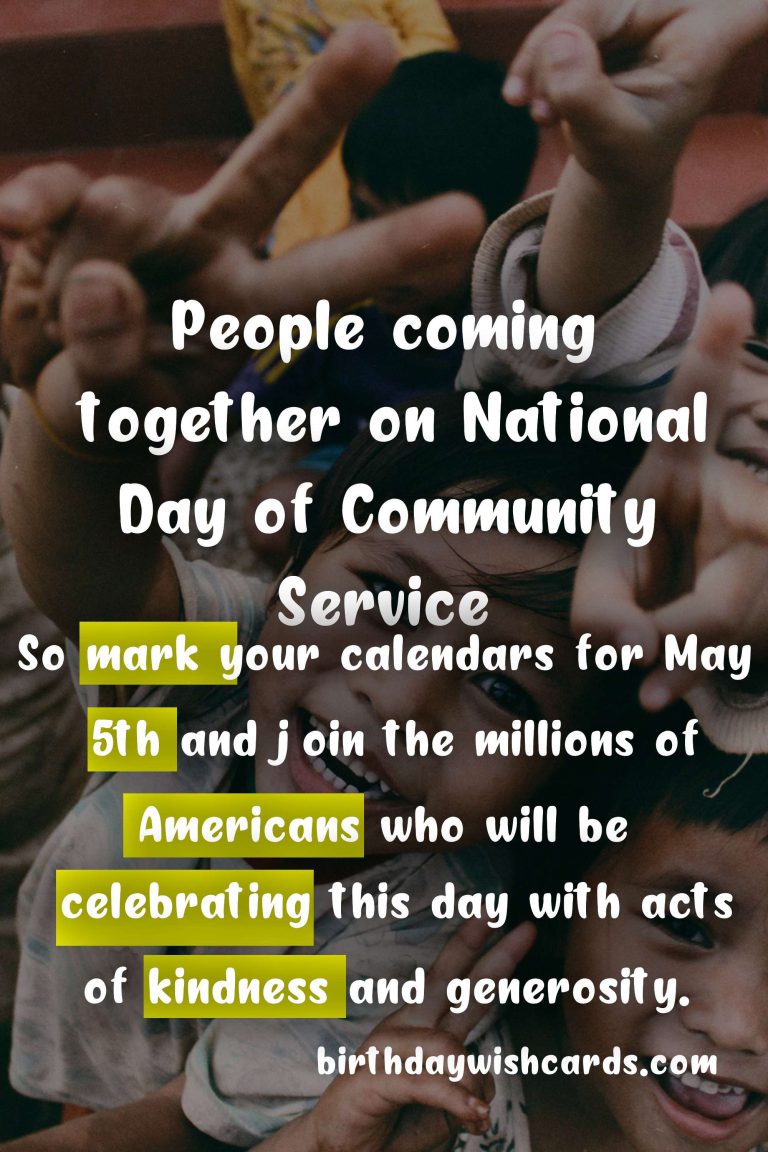Kids Rituals and Traditions Explained: A Deep Dive into Cultural Practices
Kids Rituals and Traditions Explained
Children’s rituals and traditions play a vital role in their development, teaching them about cultural values, social behavior, and their identity. From festive celebrations to everyday practices, these rituals are often rich with meaning and history. In this article, we will explore various children’s rituals and traditions from around the world, their significance, and how they contribute to the growth and understanding of young individuals.
The Importance of Rituals and Traditions
Rituals and traditions provide children with a sense of belonging and continuity. They create opportunities for learning and engagement, allowing young minds to immerse themselves in their cultural heritage. By participating in rituals, children develop social skills, emotional intelligence, and a deeper appreciation for their families and communities.
Types of Kids Rituals
1. Family Rituals
Family rituals consist of practices and traditions that are unique to a family unit. These may include special meals, game nights, or holiday celebrations that foster connections among family members.
2. Cultural Rituals
Cultural rituals are often tied to the heritage of a community or nation. Examples include festivals, religious ceremonies, and rites of passage that teach children about their ancestry and cultural pride.
3. Religious Rituals
Many children grow up practicing religious rituals that shape their moral values and beliefs. These may involve prayer, baptism, or communal worship, instilling a sense of spirituality.
4. Seasonal Traditions
Seasonal traditions mark the changing of the seasons and often involve celebrations related to specific times of the year, like Halloween, Thanksgiving, or the winter solstice.
Global Perspectives on Kids Rituals
1. Birth and Naming Ceremonies
In many cultures, birth and naming ceremonies are significant events that celebrate the arrival of a new child. For example, in some African cultures, there are elaborate naming ceremonies that include music, dancing, and community involvement.
2. Coming of Age Rituals
Coming of age rituals, like Bar and Bat Mitzvahs in Jewish culture or Quinceañeras in Latin American cultures, mark the transition from childhood to adulthood. These events are often celebrated with family and friends, underscoring the importance of community support.
3. Seasonal Festivals
Festivals such as Diwali, Hanukkah, and Eid bring children and families together in celebration, reinforcing community bonds and cultural identity through shared practices and meals.
Benefits of Rituals in Childhood Development
1. Emotional Security
Rituals provide children with a sense of stability and predictability, contributing to their overall emotional well-being.
2. Social Skills
Participating in group rituals allows children to learn collaboration, empathy, and teamwork, which are essential social skills.
3. Cognitive Development
Engaging in rituals and traditions often involves storytelling, critical thinking, and creative expression, aiding cognitive growth.
4. Cultural Awareness
Rituals and traditions help children understand and respect diverse cultural perspectives, fostering inclusivity and acceptance.
Incorporating Rituals at Home
Parents can create their own rituals to strengthen family bonds and cultural ties. Simple practices like family dinners, reading ceremonies, or nightly gratitude sessions can instill values and teach children the importance of connection and tradition.
Conclusion
Kids rituals and traditions serve as critical components of cultural identity and emotional development. By participating in these practices, children learn about their heritage, develop social skills, and cultivate a sense of belonging. As we acknowledge the rich variety of rituals around the world, we are reminded of the importance of nurturing these traditions to support the growth of our future generations.
Children’s rituals and traditions play a vital role in their development.
Rituals and traditions provide children with a sense of belonging and continuity.










#KidsRituals #CulturalTraditions







